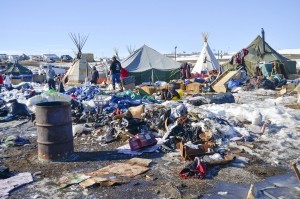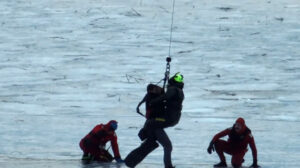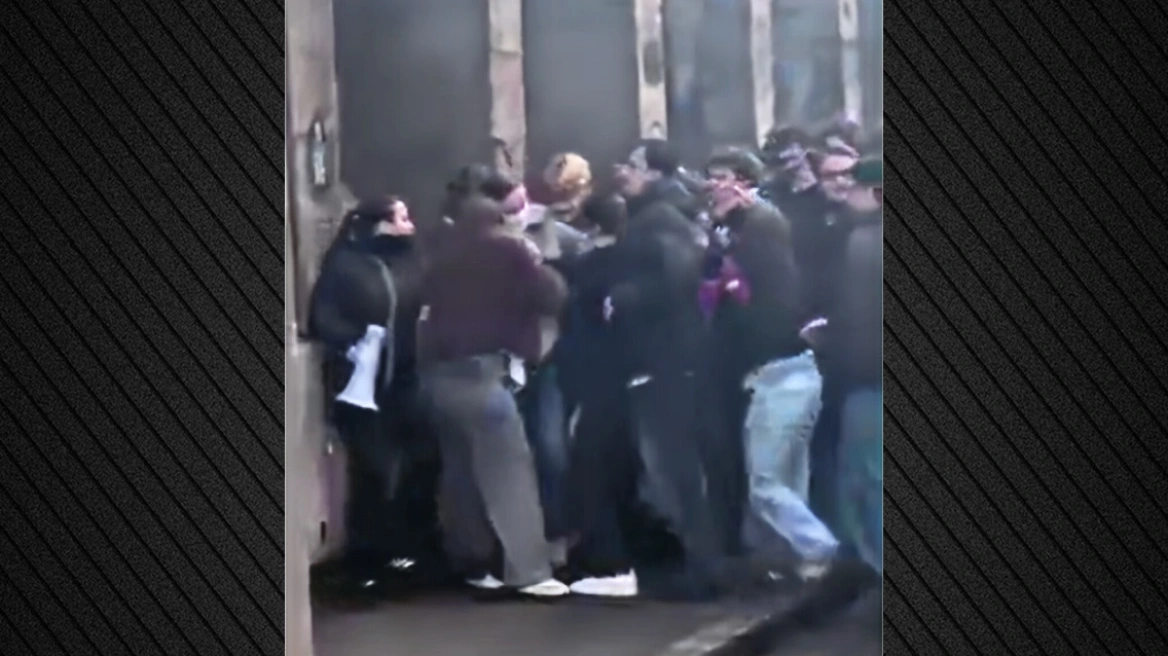Protesters at the Dakota Access Pipeline – calling themselves “Water Protectors” – reportedly left the land they lived on while they were protesting the construction of the pipeline destroyed and trashed.
According to Fox News, protesters had been given a deadline to leave by 2 p.m. on Wednesday. While most left, many decided to ignore the warning and stayed put. Protesters were offered a free hotel room and bus ticket to anywhere, even offered a “ceremonial arrest” for protesters to show off on their Facebook pages. However, none decided to take the state up on its offer.
Hours later, 18 National Guardsman and dozens of law enforcement officers swarmed the camp with military vehicles, and a helicopter. Officers went structure to structure, making over two dozen arrests within thirty minutes.
However, when the land was cleared out it was revealed that the protesters – who had shown up to protect the land – had destroyed the land they lived on, leaving behind mountains of trash and human waste. Furthermore, it was reported that the protesters camp was situated on a “sensitive wildlife habitat.”
Now the cleanup efforts begin. The camps span more than 1,000 acres, which had been, according to state officials, sensitive wildlife habitat. Now, because of an early thaw and thousands of “water protectors” it is a wet, muddy cesspool of human waste and hazardous fuels after protesters turned the native grassland into a dumping ground.
According to the Col John Henderson of the US Army Corp of Engineers, crews have already removed some 250 truckloads of trash, but his agency plans to spend upwards to $1.2 million of taxpayer money to rehabilitate the area.
“To ensure that none of this garbage and waste and debris and structures and vehicles ended up in the reservoir. That would be an absolute environmental catastrophe,” Henderson said.
The protests, which had begun in April, attracted thousands of protesters. At one point, the native tribes had asked the protesters to go home as they were concerned about the damage being done to tribal land, as well as drug and alcohol abuse taking place in the camps.
Ask me anything
Explore related questions





